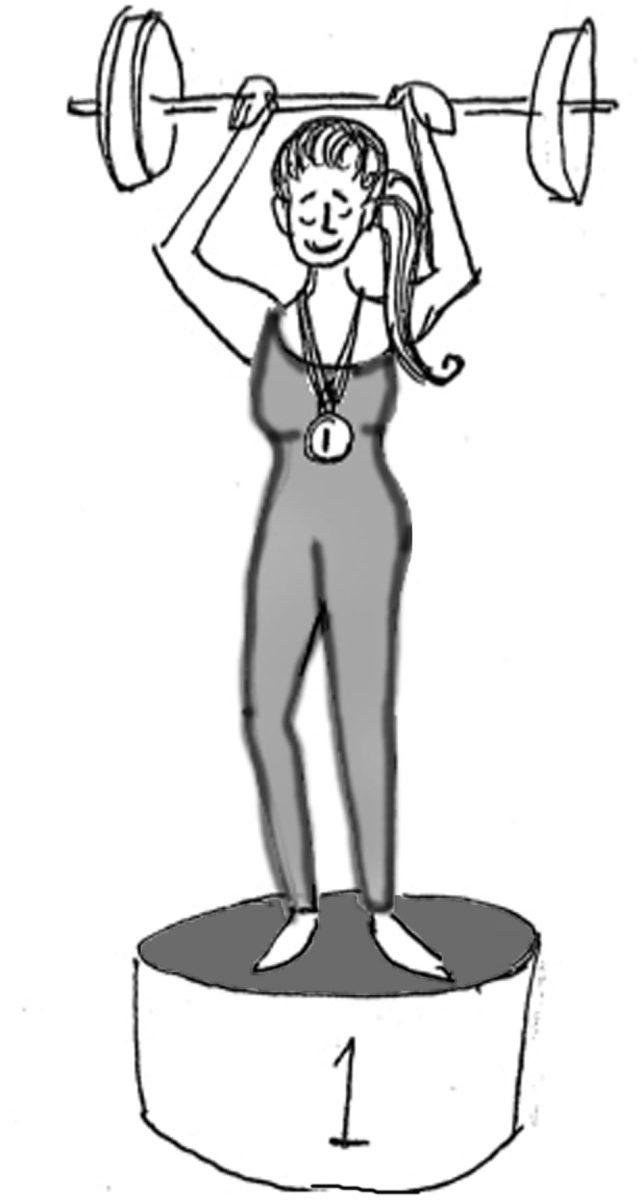The CrossFit fitness company has seen its popularity soar in recent times, with thousands of fitness enthusiasts around the globe undertaking its daily workouts and entering their results online to track their progress and compare themselves with others. Its popularity may have taken a hit this week, though.
A transgender woman is suing CrossFit for $2.5 million after the company rejected her entry into one of its hosted competitions, claiming she would have had an unfair advantage against other female rivals. Is CrossFit justified in its stance, or is this a case of discrimination?
Chloie Jonsson, a 34-year-old physical trainer, underwent gender reassignment surgery in 2006. She is now legally a female according to the state of California.
CrossFit claims that because Jonsson was born as a male, she should compete in the men’s division. A letter sent to Jonsson from the company made its position undeniably clear.
The company has an”obligation to protect the rights of all competitors and the competition itself,” the CrossFit lawyer said. “The fundamental, ineluctable fact is that a male competitor who has a sex reassignment procedure still has a genetic makeup that confers a physical and physiological advantage over women.”
The Jonsson camp sees the issue very differently.”She’s legally female, her birth certificate, her driver’s license – she’s been female for a long, long time,” Jonsson’s attorney Waukeen McCoy said. “And for them to say she has to compete in the men’s division, I think it’s horrifying.”
Derek Van Rheenen, the Director of UC Berkeley’s Athletics Study Center, sides with Jonsson on the issue. “If someone has made this change, has undergone hormonal treatments for a year under the care of a physician, they should be able to compete,” Van Rheenen said. “It seems that CrossFit, which is a fairly modern sport, is fairly archaic in their reading of the situation.”
The discussion certainly addresses a controversial issue, and many organizations have seen the need to clarify their stances on transgender athletes in recent years. The International Olympic Committee allows transgender athletes to compete provided that they have had gender reassignment surgery, are legally recognized as their new gender and have had at least two years of hormone therapy. The NCAA is much less stringent, only requiring one year on testosterone suppression for male-to-female transgender athletes.
It will be interesting to see how the CrossFit court case plays out. It may be a landmark moment in the rights of trangender athletes. One thing seems clear though – opinions on either side of the debate are going to be strong, and it seems unlikely that the sporting world will reach a consensus anytime in the near future.
Graphic Credit: ALLI LIVINGSTON/MANITOU MESSENGER





